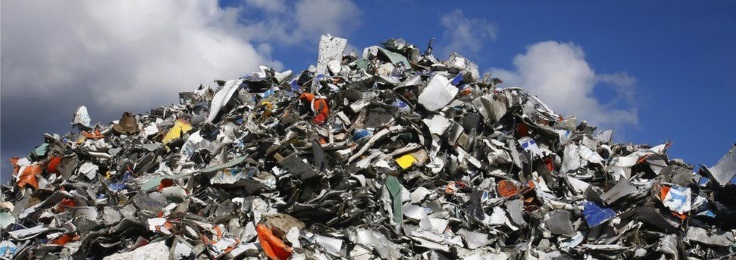One of the student groups of PBL-BioAfrica are working on solid waste management with Steam’n Heat is focusing on developing more sustainable aluminium streams in Zambia.
Presentation of the project and the team
The main goal of our project is to develop sustainable solid waste management and furthermore, the question of aluminium in Zambia. Our team is composed of 3 Finnish students, 2 exchange students from France and 6 students from Zambia.
The challenge of this project is to deal with the distance and succeed to communicate only through digital tools such as Teams, Zoom and Google Drive. But everyone is motivated and willing to work together to overcome this challenge. In order to help us, several mentors both in Finland and in Zambia are going to supervise our work.
A collaborative project
This project is a real-life industry challenge in collaboration with Steam’n Heat Ltd, a company based in Finland. The aim of the project is to do research about the current state of municipal waste treatment in Lusaka in order to help Steam’n Heat create a new business model and new jobs. This model should be in line with the UN sustainable development goals, such as gender equality and sustainable consumption and production.
We have had several meetings here in Finland to get organized, and now we can move on with our teammates in Zambia. Hopefully, they can soon visit a local landfill and collect some data about aluminium management. This is a great opportunity for us because we have never worked in an international group before. We are looking forward to talking to them soon.
The link between aluminium and climate change
Every year, the aluminium industry emits more than 1.1 billion tonnes of CO2. This represents around 2 % of all anthropogenic emissions and if nothing is done, it will increase by 50 % by 2050. One of the keys to reducing overall industry emissions could be to replace high-carbon primary aluminium with recycled one. Why? Because only 5 % of the energy needed for primary production is necessary for recycled aluminium production.
It is very easy to recycle aluminium because of its structure which doesn’t change during the recycling process. Actually, 75 % of all aluminium ever produced is still in use. According to estimations, if all aluminium, steel and concrete were recycled, it would lead to a decrease of four gigatons of global greenhouse gas emissions each year.
In its soluble form, aluminium is highly toxic for the environment and also for humans. Indeed, if aluminium enters the body, it can predispose to cancer or Alzheimer’s disease. Some foods are more likely to contain aluminium, for example some baby foods, tea, cocoa and some vegetables.
Looking forward
Our next step is to gather information about Lusaka’s situation in terms of solid waste management. We also need to determine the different aluminium streams and collection. The team must focus on the landfills already in place: how many and where they are, and whether they are big enough. We still have a lot of work ahead, but we are thrilled to work in this international team!
Authors
Team 4 (Mathilde Hie, Pauline Schieldknecht, Elli Hakala, Karoliina Nieminen and Nea Collin), students of Biotechnology and Food Engineering

